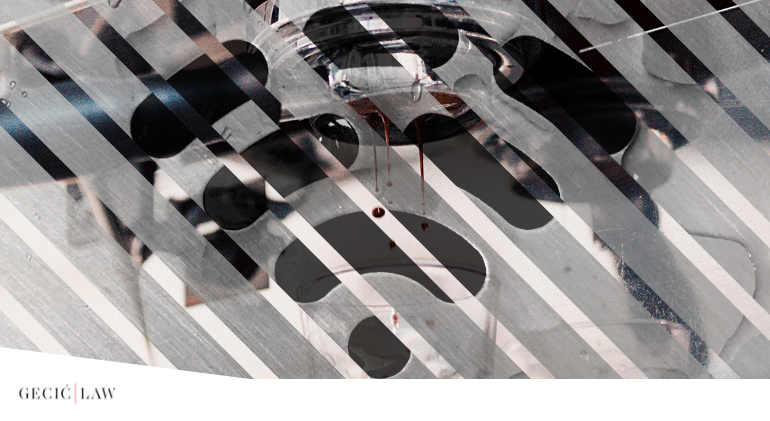

A phenomenon known as the Internet of Things (“IoT”), which has been at the forefront of the global tech changes, recently caught the European Commission’s (“Commission”) attention. The Commission’s Preliminary Report and Q&A on this tech & business sector is a big step towards acknowledging IoT as a market of the future, while simultaneously pointing out some potential dangers of this groundbreaking technology.
Let’s imagine this situation: you are not only an ardent coffee drinker but also a sleepyhead. Your alarm wakes you up at 7.00 am. You have little precious time to dress up and make your coffee. But what if the coffee machine would do that for you immediately? With IoT, that’s doable – if both your cell phone and coffee machine are connected to Wi-Fi, your phone could automatically order it to prepare coffee for you immediately after you dismiss your alarm.
How’s that possible? The answer is in the very name of the system. Internet of Things is exactly that – internet that connects billions and billions of devices such as vehicles, smartphones, cameras, home devices… and enables them to exchange information instantly. This offers countless productivity and wellbeing-enhancing possibilities: smart cities, automated energy-saving houses, etc. All this is possible due to real-time data sharing between devices. With the never-ending expansion of IoT, and the advent of the 5G network, this field gets even more exciting and challenging.
Because of threats of abuse the IoT brings, the Commission decided to proactively investigate and address the emerging IoT field and launched an inquiry into the consumer IoT sector. As there are many gatekeepers that have considerable leverage over consumers and other rivals in the market, the inquiry was thus especially focused on competition law aspects of the IoT sector.
In the next decade, worldwide consumer IoT revenue is expected to increase four-fold, i.e., from approximately €107.2 billion in 2019 to approximately €408.7 billion by 2030. The findings in the Commission’s preliminary report summarize the qualitative information obtained from the responses to the sector inquiry.
Answers to the inquiry distinguished the most important challenges:
The Western Balkans has been lagging behind the EU regarding IoT for quite some time. Infrastructural development and digitalization – two mandatory components of a developed IoT market, are far from the EU levels, resulting in comparative neglect. However, things are changing. The “Smart City” project, which is based on the IoT, is worth mentioning as it envisages covering the capital city of Belgrade with more than 1,000 cameras monitoring the streets – however, the project has produced mixed reactions from the Serbian public.
Regional competition authorities have hardly been paying any attention to this question so far. Nor was it expected, as they lacked the necessary institutional and administrative requirements to monitor such an exotic market. However, recently, it seems like the Western Balkans has been catching up. Of course, most likely the developments in the EU will boost the public awareness on the issue and lead to more projects and activities involving the IoT in the region. Let’s wait and see!